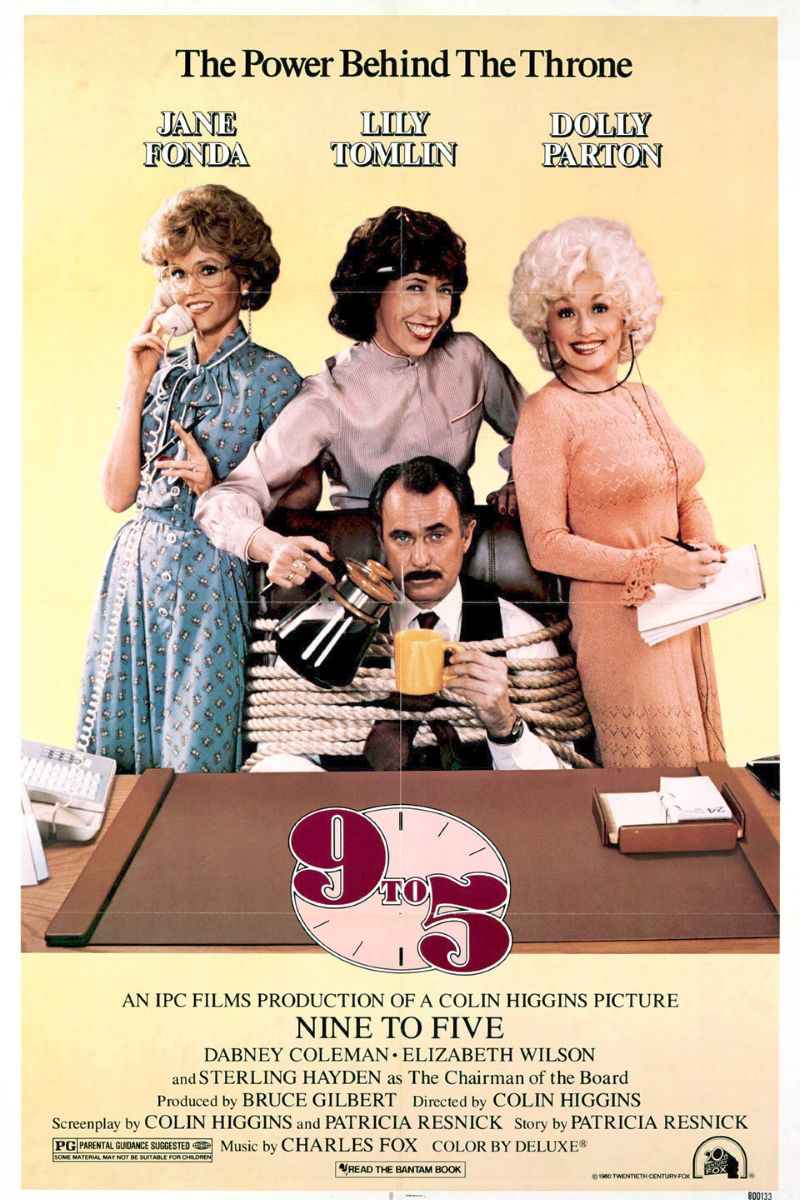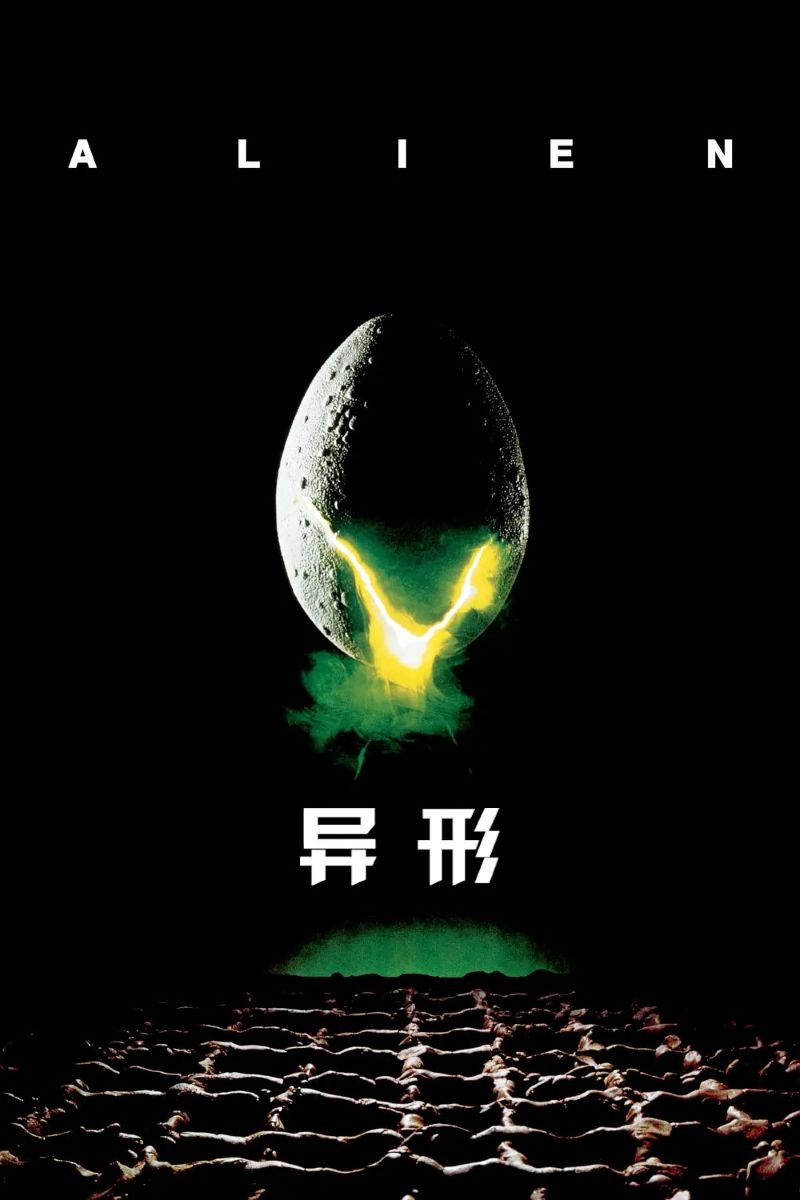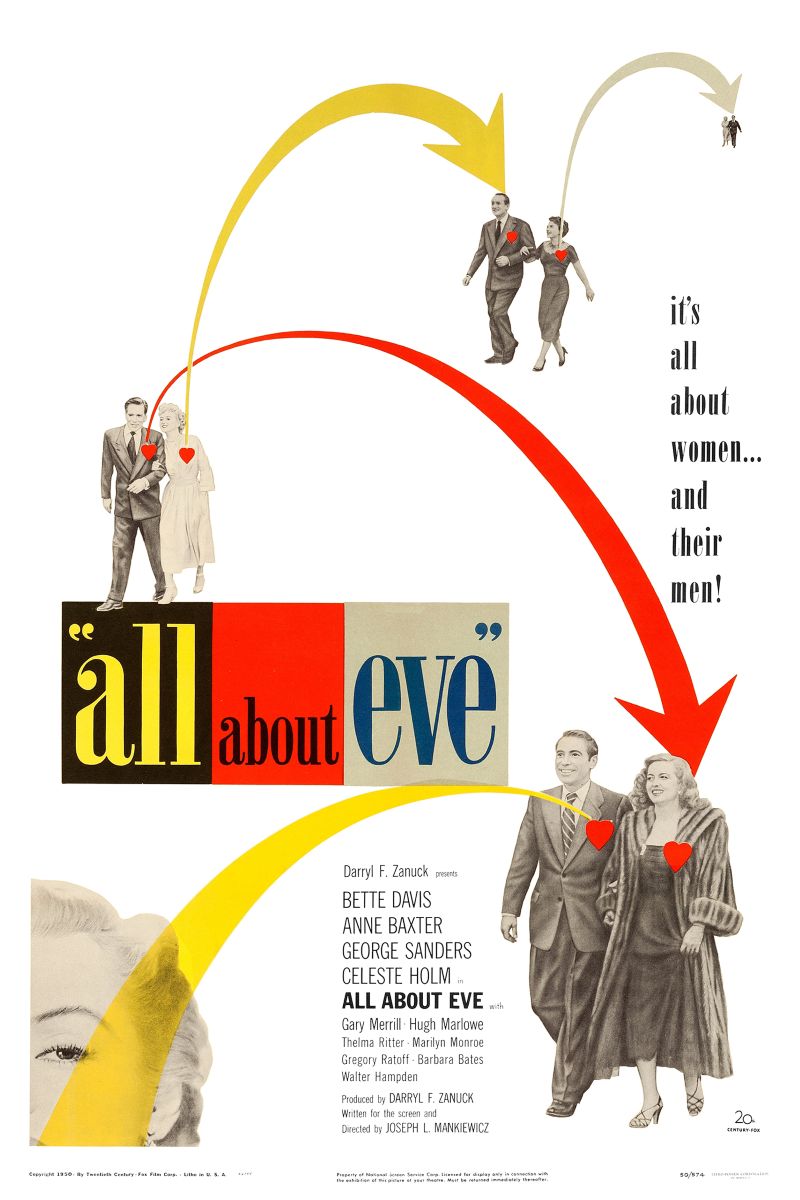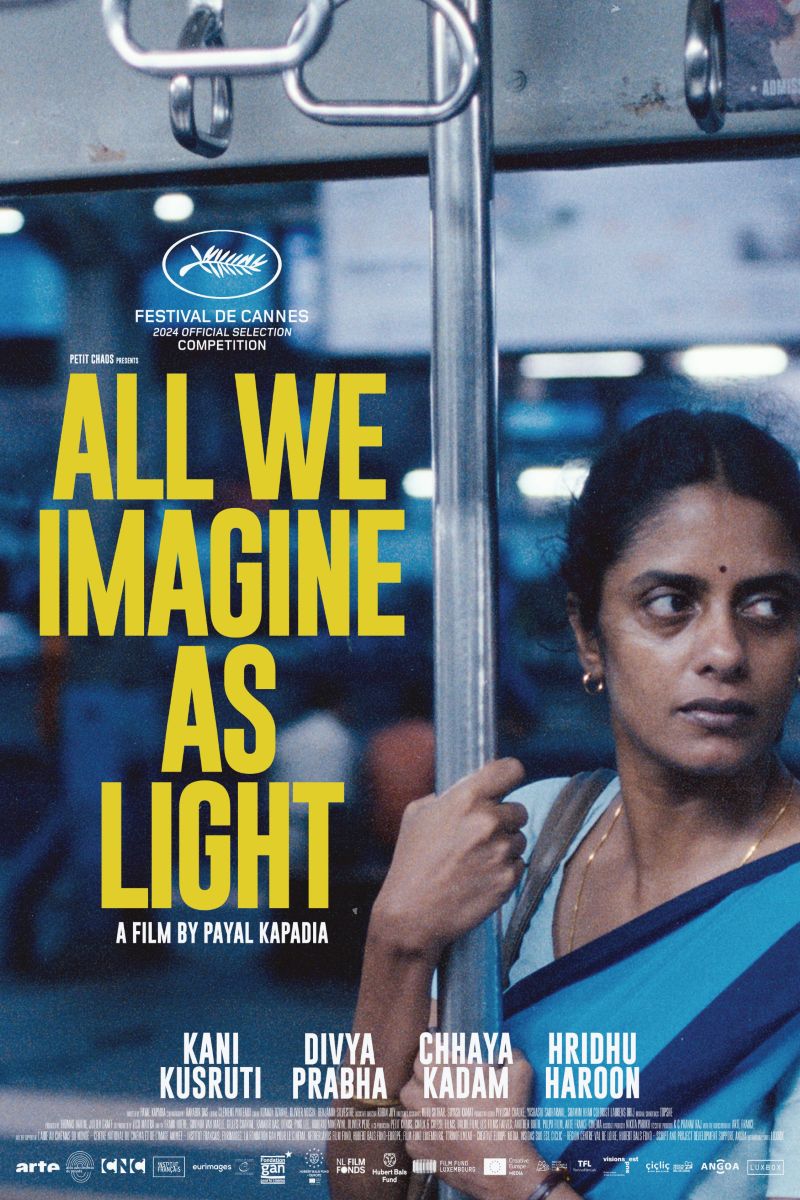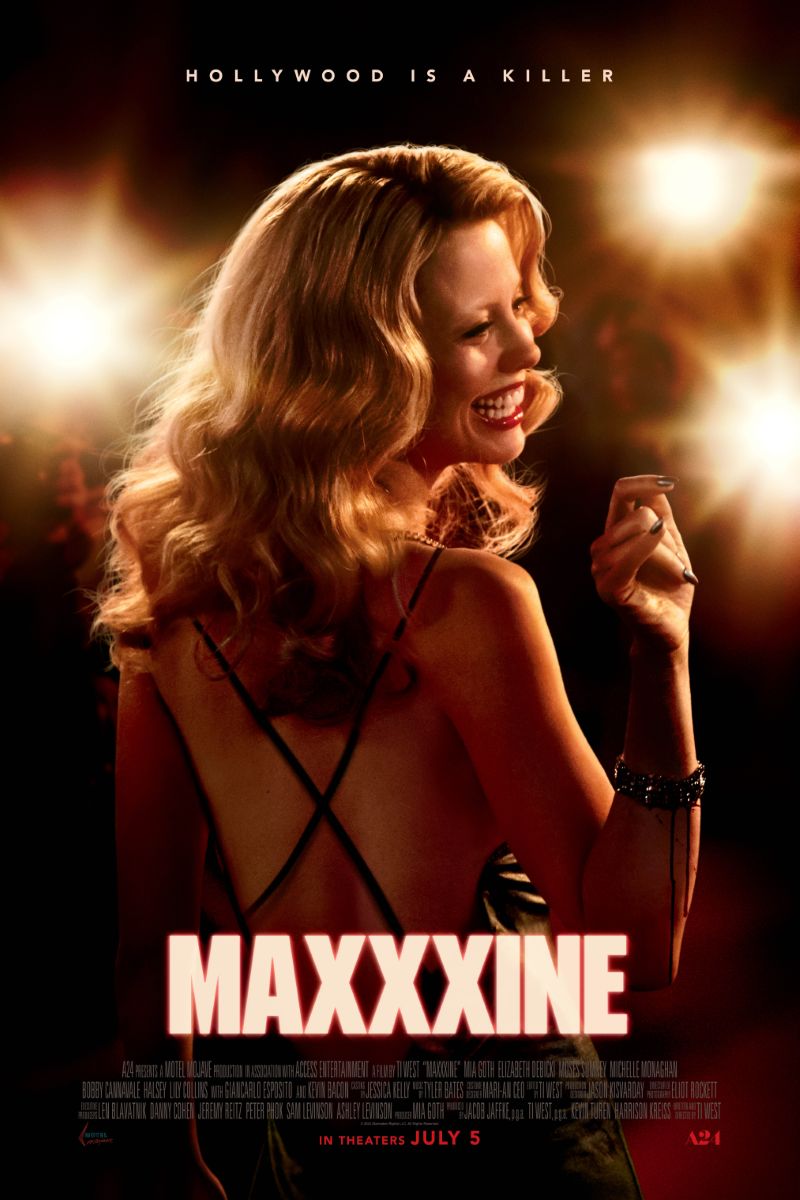
MaXXXine
MaXXXine
The concluding chapter of Ti West's X trilogy, with Mia Goth returning as Maxine Minx. Set in 1985 Los Angeles, Maxine transitions from adult film star to pursuing mainstream Hollywood acting career while facing threats from a serial killer. The film deeply explores crucial issues including women's survival struggles in the entertainment industry, sex work destigmatization, Hollywood power structures, and how women fight for autonomy in male-dominated industries.
Cast
Related Topics
🎥 Film Analysis & Review
MaXXXine, as the concluding chapter of Ti West’s X trilogy, focuses its lens on the contradictory and opportunity-filled backdrop of 1985 Los Angeles, deeply exploring the multiple predicaments and challenges women face in the entertainment industry through Maxine Minx’s (Mia Goth) difficult journey transitioning from adult film industry to mainstream Hollywood. This horror-thriller not only continues the series’ attention to gender politics but also presents how women persist in pursuing their professional ideals and personal dignity despite moral panic, media censorship, and industry prejudice through the specific socio-cultural context of the 1980s.
From a sex worker rights perspective, MaXXXine’s most important contribution lies in its destigmatizing presentation of the adult film industry and deep attention to sex workers’ career transitions. Maxine, as an experienced adult film actress, demonstrates the legitimacy and professionalism of sex work through her professional skills, work attitude, and career planning. The film doesn’t view her past work experience as moral stain or mistake requiring redemption, but treats it as an important component of her professional career. When she attempts to enter mainstream cinema, she faces not only acting challenges but multiple obstacles of social prejudice and industry discrimination.
1985 Los Angeles provides unique historical context for the film. This period coincided with the Reagan administration’s conservative resurgence, the rise of the moral right, and the panic atmosphere surrounding the Night Stalker serial killer cases. This social background adds extra complexity and danger to Maxine’s transformation journey. The film skillfully combines personal story with historical events, showing how women bear greater survival pressures and safety threats during periods of social upheaval.
Mia Goth’s performance again demonstrates her profound understanding and superb acting skills with complex female characters. Maxine maintains the resilience and determination from previous works while showing more mature and strategic thinking when facing new challenges. She’s no longer simply a victim or survivor but a professional woman actively pursuing her goals. Goth successfully balances the character’s vulnerability and strength, demonstrating women’s adaptability and survival wisdom in adversity.
The film’s critique of Hollywood power structures is sharp and profound. The gender discrimination, industry unwritten rules, and power abuse Maxine encounters during auditions and work reflect systemic problems long existing in the entertainment industry. Male authority figures like producers, directors, and agents often treat female actresses as controllable objects rather than artists with independent thinking and creative abilities. The film shows how Maxine maintains her principles and dignity in this environment while revealing the extra costs women must pay when pursuing professional success.
From an economic empowerment perspective, the film shows how Maxine utilizes experience and connections accumulated in the adult film industry to achieve career transition. Her success doesn’t depend on male charity or protection but is based on her own efforts, talent, and business acumen. This independent professional development model provides inspiration and encouragement for other women facing similar predicaments.
The film’s critique of media representation is also important. The 1980s media environment was filled with stereotypes and moral judgments about women, particularly sex workers. Maxine must live and work under media surveillance and judgment; this pressure not only affects her career development but threatens her personal safety. The film reveals how media influences individual destiny through shaping public opinion and how women struggle to maintain their image and reputation under media manipulation.
Ti West’s directorial approach continues the series’ stylistic characteristics, skillfully combining horror elements with social critique. The serial killer threat is not only external physical danger but symbolizes society’s hostility and violence toward women, particularly sex workers. This threat’s existence makes every choice Maxine makes full of risk while highlighting women’s survival predicaments when pursuing freedom and success.
The film’s portrayal of female friendship and peer support is also important. Maxine’s relationships with other female actresses and crew members demonstrate the importance of women supporting each other in male-dominated industries. They share information, provide protection, and offer emotional support, forming an informal but effective support network. This solidarity not only helps them cope with external challenges but provides psychological comfort and strength sources.
The film’s recreation of 1980s popular culture also serves its thematic expression. Music, fashion, advertising, and media content all reflect that era’s values and social atmosphere. Through these cultural elements, the film shows the complex social environment Maxine inhabits and how she seeks her position and voice within it.
From an anti-sexual violence perspective, the film shows how women protect themselves in dangerous environments. Maxine faces not only serial killer threats but sexual harassment and power abuse from within the industry. She must learn to identify dangers, develop protection strategies, and fight back when necessary. This demonstration of self-protection awareness and ability provides practical inspiration for other women.
The film’s exploration of success definitions is also profound. Maxine’s success lies not only in obtaining mainstream film roles but in maintaining her values and dignity. She refuses to compromise her principles for success, insisting on pursuing professional goals in her own way. This success concept challenges traditional, male-standard-defined success models.
The film also touches on themes of intergenerational transmission. Maxine represents a new generation of women who no longer accept traditional gender role limitations and courageously pursue their dreams and goals. Her experience provides examples and experience for later women, demonstrating how women can promote social change through personal effort.
From a cultural critique perspective, the film exposes how wealth and industry power can corrupt creative expression and personal relationships. The pressure Maxine faces to conform to mainstream expectations while maintaining her artistic integrity reflects broader tensions between commercial success and authentic self-expression.
The film’s treatment of trauma and resilience is particularly significant. Maxine’s journey shows how women can transform past experiences, including traumatic ones, into sources of strength and wisdom rather than shame or limitation. This reframing of personal history as empowerment rather than burden offers important lessons about healing and growth.
The visual and audio design creates an immersive 1980s atmosphere that serves the film’s themes. The neon-soaked cinematography and synth-heavy soundtrack don’t just provide period authenticity but reinforce the artificial, performative nature of both Hollywood and the broader cultural moment Maxine navigates.
The film’s exploration of authenticity versus performance is central to its themes. As both an actress and former adult film performer, Maxine constantly negotiates between different versions of herself, raising questions about which self is “real” and whether authenticity is possible in industries built on fantasy and image.
Ultimately, MaXXXine’s value lies in its authentic portrayal of women’s survival conditions in the entertainment industry and profound reflection on gender inequality issues. Through Maxine’s story, the film demonstrates how women persist in pursuing their ideals in challenging and dangerous environments, how they maintain dignity and strength when facing prejudice and discrimination. It reminds us that women’s professional development and personal growth often require overcoming more obstacles than men face, but these challenges also shape their unique resilience and wisdom. Against the backdrop of contemporary #MeToo movements and gender equality discussions, this film provides valuable perspectives for understanding women’s circumstances in the entertainment industry while offering important cultural resources for promoting genuine gender equality and industry reform.
🏆 Awards & Recognition
- • Toronto International Film Festival Midnight Madness Section
- • Los Angeles Film Festival Horror Competition
- • Fantasia International Film Festival Best Actress Nomination
⭐ Ratings & Links
Related Recommendations
Comments & Discussion
Discuss this video with other viewers
Join the Discussion
Discuss this video with other viewers
Loading comments...
